After the collapse of the Soviet Union, Cuba faced the most severe economic situation in its history. However, the Caribbean island nation has strived to overcome and achieved many outstanding achievements.
Decades of US embargo
After lawyer Fidel Castro overthrew the US-backed Batista dictatorship in 1959, Cuba became a Communist-led state and survived decades of economic isolation, especially after the collapse of the Soviet Union.
Since the early 1960s, the United States has adjusted its foreign policy toward Cuba, typically with a controversial trade embargo, along with many other restrictions. Reuters quoted Cuban Foreign Minister Bruno Rodriguez as saying that the US embargo against Cuba is a never-ending storm. It was not until 2015 that the Washington administration began to gradually normalize relations with Havana, including changing the embargo measures.
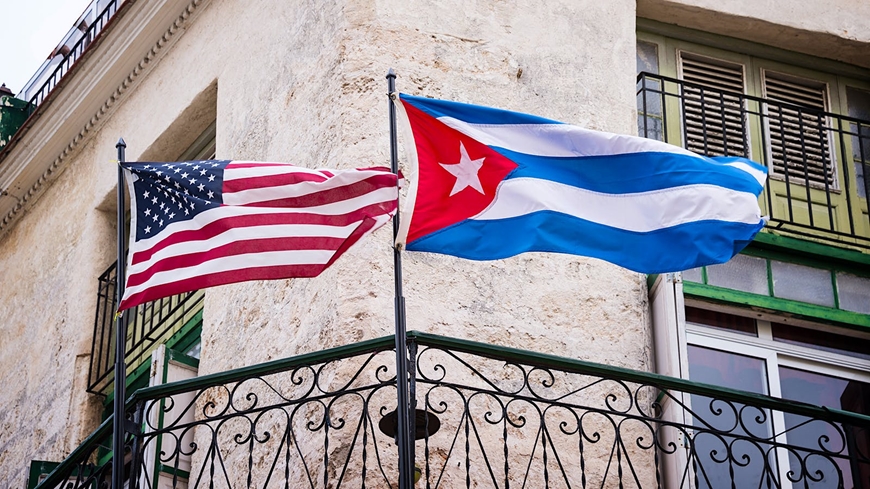 |
The US still maintains many embargoes against Cuba. Illustration photo: Cigar Aficionado |
However, when President Donald Trump took office, he reimposed the old measures and even added new embargoes. For example, the new policies introduced under Trump included a ban on travel to the US and restrictions on the amount of money Cuban-Americans could send to their relatives back home. Under current President Joe Biden, some restrictions have been eased.
Guillaume Long, former foreign minister of Ecuador, said that Cuba's economy has suffered greatly under the US embargo. Cuba also suffered a major shock after the collapse of the Soviet Union in 1991. Previously, the Soviet Union supplied 90% of Cuba's petroleum needs and 70% of other imports, including food and medicine, mostly at subsidized prices. Between 1989 and 1994, Cuba's trade with the former Soviet Union plummeted by 89%.
Today, Cuba’s economy is dependent on commodities. Tobacco and sugar account for about 30 percent of its foreign exchange earnings. Cuba also develops its health care services by sending doctors and nurses to countries such as Brazil and Venezuela. Meanwhile, tourism is also an important source of revenue for the country.
On the other hand, the Cuban Communist Party has also succeeded in establishing prestigious education and health care systems. Not only does it have a higher average life expectancy than many developed countries, including the United States, Cuba is also the smallest country in the world to successfully develop a Covid-19 vaccine.
“Tests” for the economy
Due to the huge role of tourism, the Covid-19 pandemic has dealt a heavy blow to the country’s economy in recent times. According to Bloomberg, the number of tourists has dropped significantly during the pandemic, from 4 million tourists in 2019 to just 356,000 tourists in 2021.
To cope with falling foreign exchange reserves, Cuba unified a dual exchange rate system in January 2021, leading to a devaluation of the peso, which had been pegged to the US dollar for decades.
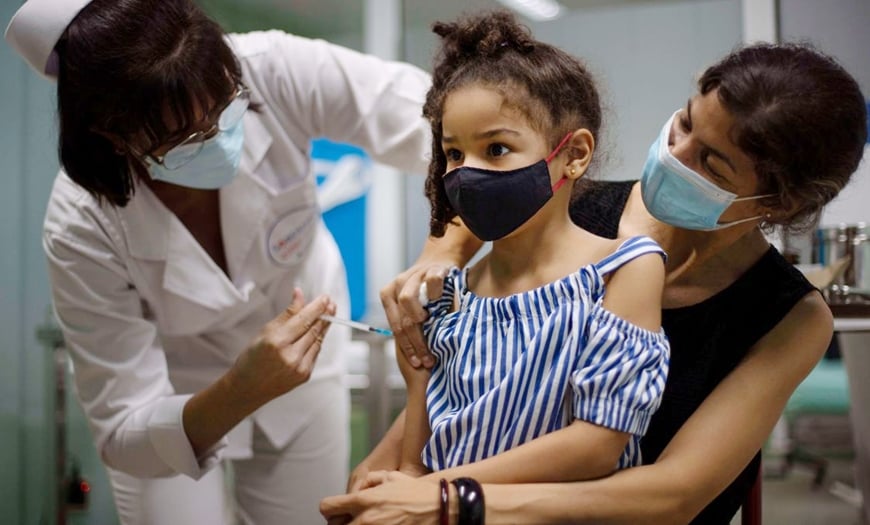 |
| The Covid-19 pandemic has caused many difficulties for Cuba's socio-economic situation. Photo: CNN |
However, Alberto Gabrielle, senior researcher at Sbilanciamoci, a political consultancy based in Rome, Italy, said, “The devaluation has not yet achieved equilibrium in Cuba’s import-export structure, causing a shortage of goods and increasing inflation.” Meanwhile, Cuba’s consumer price index (CPI) increased by 70% in 2021, with triple-digit inflation in the same period. Purchasing power has been severely affected.
Overcome difficulties and develop
In 2008, Cuba launched the reform process of “updating Cuba’s socialism”. This policy was formalized and approved at the 6th National Congress of the Communist Party of Cuba on April 18, 2011, and is called the principles of the Party’s and the Revolution’s socio-economic policies.
By 2009, Cuba continued to introduce a number of new economic and social policies and models, initially decentralizing agricultural production, allowing private businesses in some service and retail sectors, reducing subsidies while improving public social service facilities, reducing state payrolls, etc. Since 2012, Cuba has officially initiated the process of updating its economic model. Accordingly, more than 40 new legal documents on taxes, foreign investment, etc. have been issued by the Cuban National Assembly, in line with the process of "Updating the Economic Model".
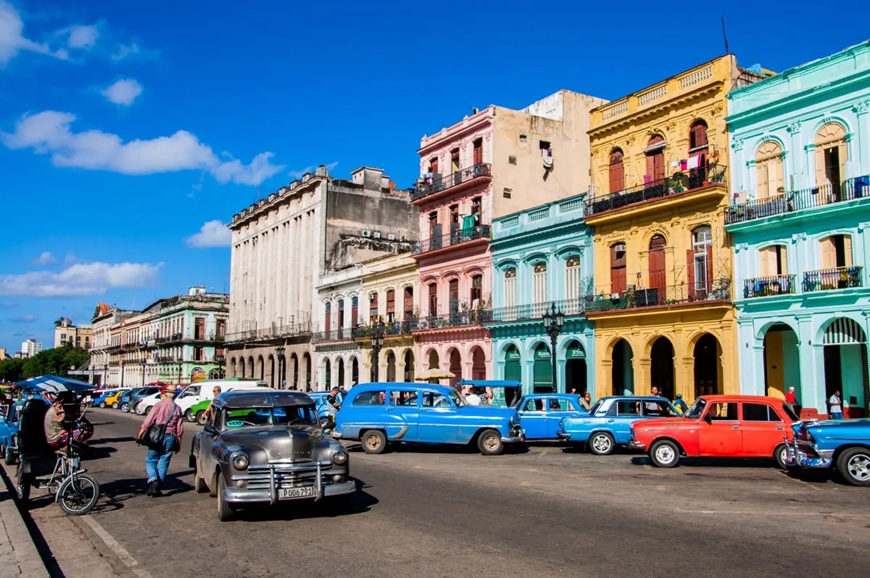 |
Busy Cuban streets. Photo: The DeVoe Moore Center |
In 2014, to attract foreign investment, Cuba passed a new Foreign Investment Law, announcing the inauguration of the Mariel Special Economic Development Zone, a complex of 465 square kilometers including a deep-water seaport, bonded warehouses, export processing zones, service areas, with many preferential policies on investment, trade, taxes, customs fees, etc.
The Politburo of the Communist Party of Cuba has also approved the “Socio-Economic Development Strategy to 2030” to promote internal strength and attract external resources for economic recovery. Cuba is actively building a long-term legal corridor, issuing a number of documents with market economic elements.
A socio-economic strategy to boost the economy and address the crisis caused by Covid-19 was also announced by the Council of Ministers on July 16, 2020. This strategy involves a number of changes in the way the national economy is conceived, considering the private sector as an important driving force of the economy and defending economic protectionism to maximize the development of domestic industry.
In addition, the Cuban government has begun to expand private sector activities in an effort to increase production and alleviate shortages. In February 2021, Cuba agreed to grant private company status to 2,000 listed industries (up from 127 previously), facilitating partnerships with foreign investors and limiting state control over commercial activities.
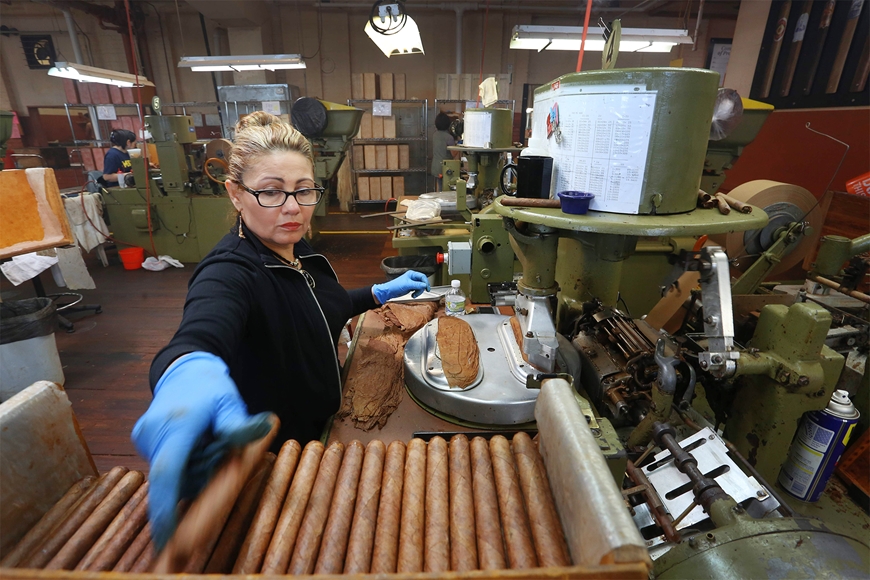 |
| Cigars are one of Cuba's most famous products around the world. Photo: Tampa Bay Times |
Recently, Cuba has enacted a number of laws on small, medium and micro enterprises, encouraging agricultural production, reforming income tax, easing exchange rate adjustment... to improve the economic situation. Former President Raul Castro once stated that implementing these policies "is not an easy path, requiring fundamental changes", and that "outdated thinking, passive attitudes and lack of confidence in the future" must be eliminated.
The policies of former President Raul Castro have brought about significant changes in Cuba's socio-economic life. Specifically, the Cuban government has licensed 580,000 private enterprises, a five-fold increase since 2010. In total, the private sector currently employs 29% of the workforce. In 2017, Cuba's economy grew by 1.6%, in the context of many major financial challenges and difficulties, as well as the consequences of Hurricane Irma and prolonged drought. Meanwhile, as of the first quarter of 2022, Cuba's exports reached 590 million USD (an increase of 162 million USD compared to the same period in 2021); imports reached 2.4 billion USD (138 million USD higher than planned)... The Cuban government hopes that the economy will grow by 3% in 2023; and increased foreign exchange earnings to an estimated $1.037 billion this year thanks to an increase in export revenue of $318 million.
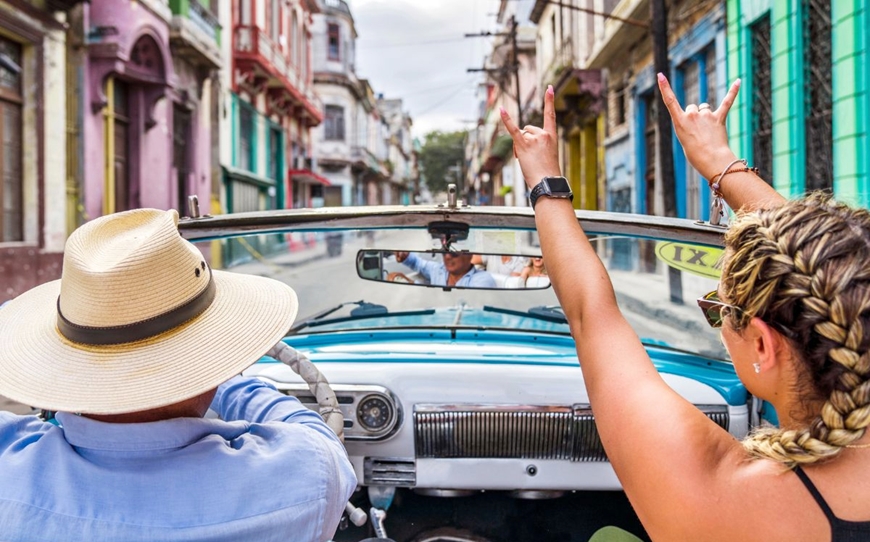 |
| The beautiful country of Cuba is recovering its tourism industry in the post-Covid-19 era. Photo: Traveling Lifestyle |
In addition, tourism, transportation and telecommunications, agriculture and construction are major contributors to the increase in gross domestic product (GDP). Despite the travel embargo imposed by the administration of former US President Donald Trump, in 2017, Cuba's tourism industry welcomed more than 4.7 million international tourists (up 16.2% compared to 2016). The Caribbean island nation expects to welcome 3.5 million foreign tourists by 2023, as the tourism industry gradually recovers to pre-pandemic levels - when Cuba welcomed about 4 million visitors/year. Recently, foreign companies have been increasingly interested in investing in Cuba, especially in the tourism sector. Official figures show that there are currently 87 foreign investment projects in the tourism sector in Cuba, along with 18 foreign hotel chains operating on the free island.
Cuba is also expanding cooperation with traditional partners in many fields. Accordingly, Russian partners are helping Cuba modernize the Maximo Gomez and Habana del Este thermal power plants; upgrade the Antillana steel mills; and provide cars and trucks for the development of the road transport sector. Recently, Russia and Cuba are discussing issues related to the modernization of the textile industry. A high-speed railway connecting La Habana with the Varadero beach resorts worth 4 billion USD is also being planned between Russia and Cuba. The Cuban government has also granted an operating license in the Mariel Special Development Zone (in the west of La Habana) to ViMariel SA of Vietnam. Vietnam is currently Cuba's second largest trading partner in Asia. In the period 2015-2020, bilateral trade turnover reached about 250-350 million USD.
The main items that Vietnam exports to Cuba include: Rice, electrical appliances, electronics, clothing, footwear, cosmetics, construction materials, industrial materials, household items, stationery... Vietnam imports from Cuba the following items: Medicines, vaccines and medical biological products. The Vietnam - Cuba Trade Agreement signed in November 2018 and officially taking effect from April 2020 is an important legal basis for businesses of the two countries to take advantage of tariff incentives to strive to increase two-way trade turnover to 500 million USD in the next 5 years.... On the other hand, Cuba and the European Union (EU) also maintain bilateral cooperation projects in the fields of agriculture and food security, renewable energy, climate change and economic modernization, contributing to the development of micro, small and medium enterprises in Cuba.
 |
| Cuban people always trust in the leadership of the Communist Party of Cuba, the State and the Government of Cuba in socio-economic development. Illustration photo: CNBC |
It can be said that the outstanding economic and social policies and achievements will pave the way for generations of Cuban leaders to inherit, develop, and bring the country to new heights. Vice President of Cuba Salvador Valdés Mesa declared: “No Cuban will be left behind... We will not give up the sovereignty and independence that previous generations have fought to gain for centuries.”
Following the success of the 10th National Assembly election and the election of the Cuban State and Government Leadership for the 2023-2028 term, the Caribbean nation immediately embarked on the task of developing the country and defining long-term strategies. President of the Republic of Cuba Miguel Díaz-Canel affirmed that the top priority in the coming time is to continue focusing on developing the country's economy. According to the Cuban President, in order to develop the economy, the Caribbean island nation needs to promote a macroeconomic stabilization plan, including anti-inflation policies, reducing the budget deficit, overcoming the gap between wages and purchasing power, increasing available foreign currency resources, and solving many other problems.
MINH ANH
Source


![[Photo] Ho Chi Minh City residents "stay up all night" waiting for the April 30th celebration](https://vphoto.vietnam.vn/thumb/1200x675/vietnam/resource/IMAGE/2025/4/30/560e44ae9dad47669cbc4415766deccf)
![[Photo] Hanoi is brightly decorated to celebrate the 50th anniversary of National Reunification Day](https://vphoto.vietnam.vn/thumb/1200x675/vietnam/resource/IMAGE/2025/4/29/ad75eff9e4e14ac2af4e6636843a6b53)
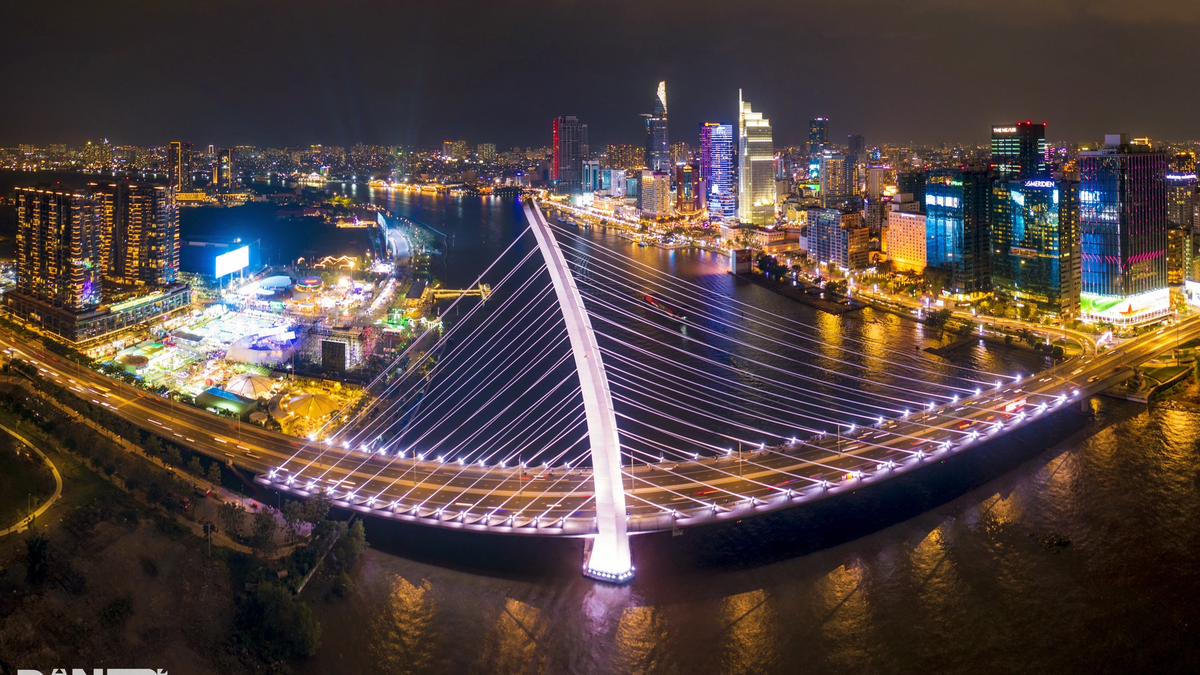
![[Photo] General Secretary attends special art program "Spring of Unification"](https://vphoto.vietnam.vn/thumb/1200x675/vietnam/resource/IMAGE/2025/4/29/e90c8902ae5c4958b79e26b20700a980)
![[Photo] Nghe An: Bustling atmosphere celebrating the 50th anniversary of Southern Liberation and National Reunification Day](https://vphoto.vietnam.vn/thumb/1200x675/vietnam/resource/IMAGE/2025/4/29/64f2981da7bb4b0eb1940aa64034e6a7)
![[Photo] Ho Chi Minh City: People are willing to stay up all night to watch the parade](https://vphoto.vietnam.vn/thumb/1200x675/vietnam/resource/IMAGE/2025/4/29/cf71fdfd4d814022ac35377a7f34dfd1)
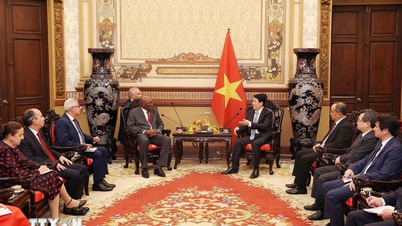

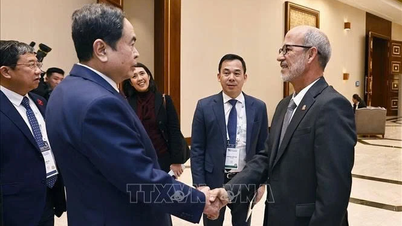

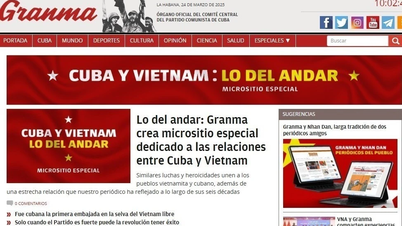
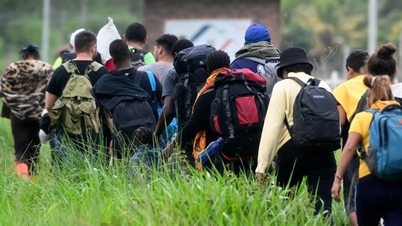




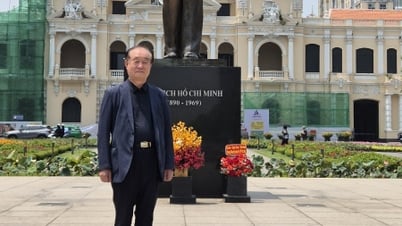


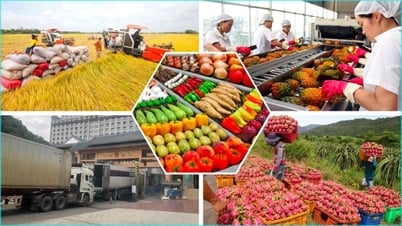
![[Video] Patriotic Inspiration](https://vphoto.vietnam.vn/thumb/402x226/vietnam/resource/IMAGE/2025/4/29/4122d64c16c84bea920148165978c62a)
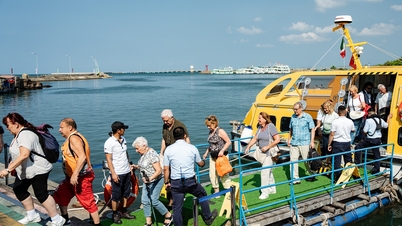




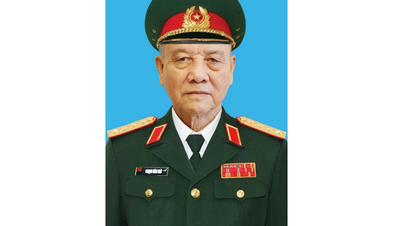
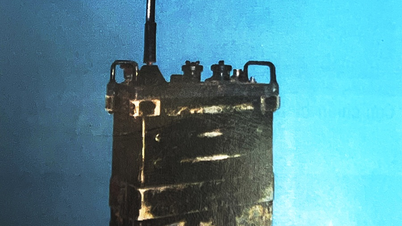


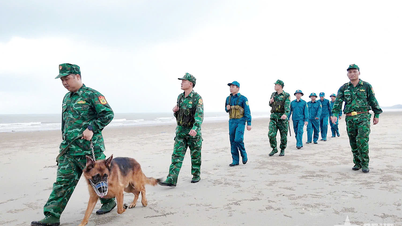

![[Photo] Prime Minister Pham Minh Chinh meets to prepare for negotiations with the United States](https://vphoto.vietnam.vn/thumb/1200x675/vietnam/resource/IMAGE/2025/4/29/76e3106b9a114f37a2905bc41df55f48)











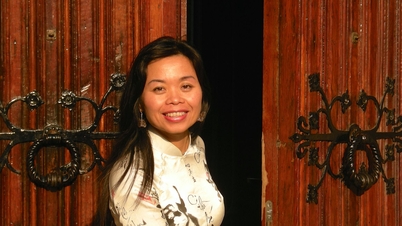



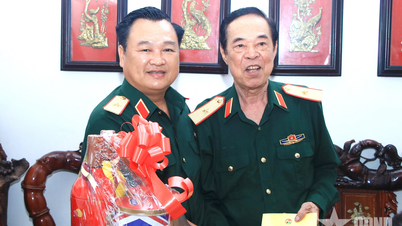







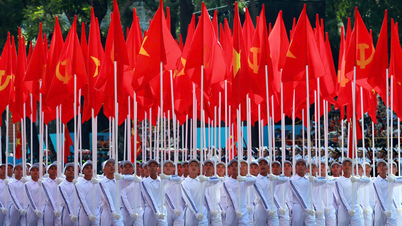

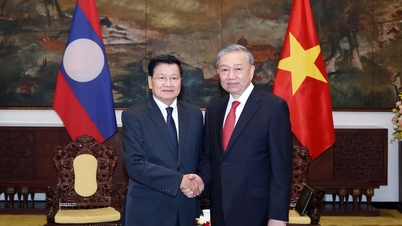


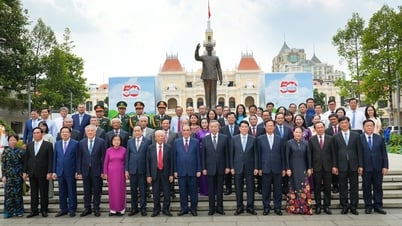





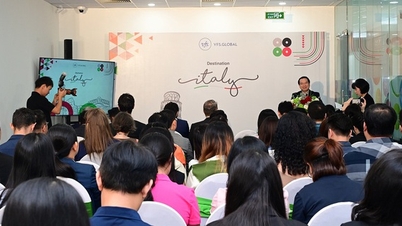

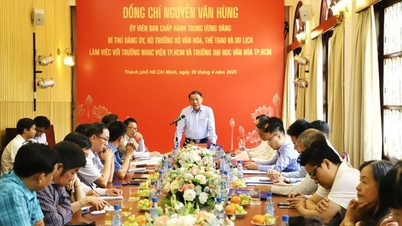
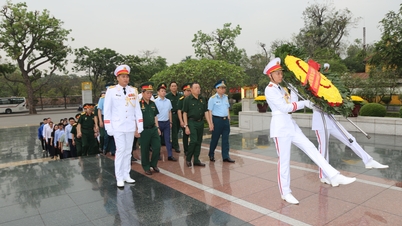






















Comment (0)